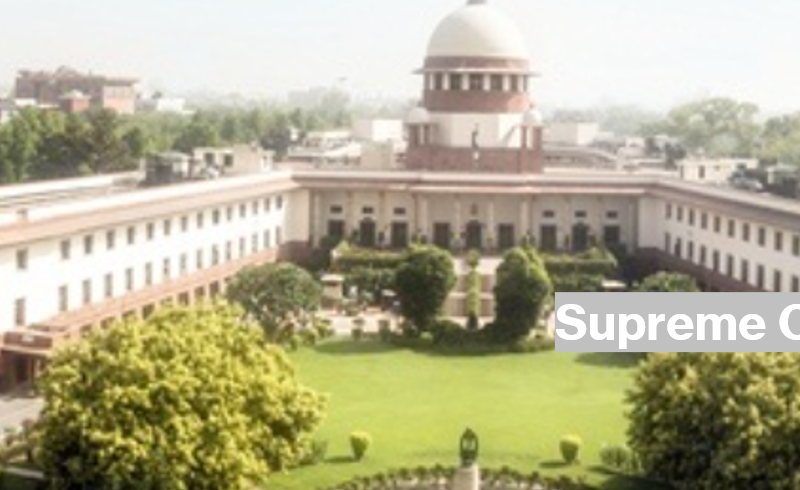Introduction:
Any democracy’s foundation is built on fundamental rights, which ensure that people have access to certain safeguards and privileges. The Right to Freedom of Expression, guaranteed by Article 19(1)(a) of the Indian Constitution, takes special precedence over the other rights listed below. It not only gives people more freedom to express their views and opinions, but it also has a crucial impact on advancing social progress and democratic ideals. The importance of the right to freedom of speech and expression is discussed in depth in this article.
The Birth of Article 19(1)(a)
Article 19(1)(a) finds its roots in the struggle for independence. It emerged as a beacon of hope during a time when colonial rule stifled dissenting voices. This section explores the historical backdrop that led to the inclusion of this fundamental right in the Indian Constitution.
An explanation of Article 19(1)(a)
The Indian Constitution’s Article 19(1)(a) stipulates that “All Citizens Shall Have the Right to Freedom of Speech and Expression.” This clause ensures that every citizen has the fundamental right to openly express their ideas, beliefs, and opinions, whether or not they concur with or oppose the prevailing conventions and authorities.

Important features of Article 19(1)(a)
Freedom of Speech and Expression as a Cornerstone of Democracy: Democracy’s cornerstone is the right to free speech and expression, which is frequently referred to as the “lifeblood of democracy.” It is essential for guaranteeing a strong interchange of ideas in society, stimulating public dialogue, and holding public leaders responsible.
Limits on Freedom:Freedom restrictions: Although Article 19(1)(a) grants a significant right, it is not unrestricted. This freedom is subject to reasonable limitations outlined in the Constitution itself in the interests of safety, morality, decency, and other important considerations. Article 19(2) to (6) lists certain limitations.
Freedom Online: In the digital age, the right to freedom of speech and expression has extended into the virtual realm. Individuals can express themselves through social media, blogs, and other online platforms. This has opened up new avenues for self-expression but has also raised questions about regulating online content.
Balancing Acts: The courts often face the challenging task of striking a balance between the right to freedom of speech and expression and other societal interests. Landmark cases like the Ram Manohar Lohia case and the Shreya Singhal case have helped clarify the boundaries of this right.
Political Expression: The main focus of Article 19(1)(a) is political discourse. It gives people the ability to speak out against the government, push for reform, and take an active part in the political process. A healthy democracy depends on free and open political debate.
Media Freedom: The right to freedom of speech and expression is inextricably linked to a free press. The public needs journalists to enlighten them, keep the powerful accountable, and maintain democratic ideals.
Creative and Cultural Expression: Article 19(1)(a) also safeguards creative and cultural expression, guaranteeing that creators and artists have the freedom to make works that defy conventions, arouse controversy, and add to society’s cultural fabric.
Freedom of Expression: A Pillar of Democracy
At its core, Article 19(1)(a) embodies the essence of democracy. It empowers citizens to express their views freely, fostering a vibrant exchange of ideas and opinions. This pillar of democracy ensures that the government remains accountable to its people.
Contemporary Relevance
Contemporary Relevance
In the age of the internet and social media, the significance of Article 19(1)(a) has only grown. This section discusses its relevance in today’s society, including its role in shaping public discourse and protecting minority voices.
The Role of Social Media
With the advent of social media platforms, Article 19(1)(a) has found a new battleground. Discover how the right to freedom of speech and expression intersects with the digital age.
Conclusion:
The Article 19(1)(a) of indian constitution on the Right to Freedom of Expression is not merely a legislative clause; it also serves as a cornerstone of democracy and a supporter of a dynamic and forward-thinking society. It encourages participation in the political process and gives citizens more freedom to express their ideas and challenge the existing quo. The right continues to be a ray of hope for people who want to build a more just and equitable society even while it is subject to reasonable constraints in the benefit of society as a whole. India keeps moving towards becoming a fully democratic and open country by supporting and defending this right.


